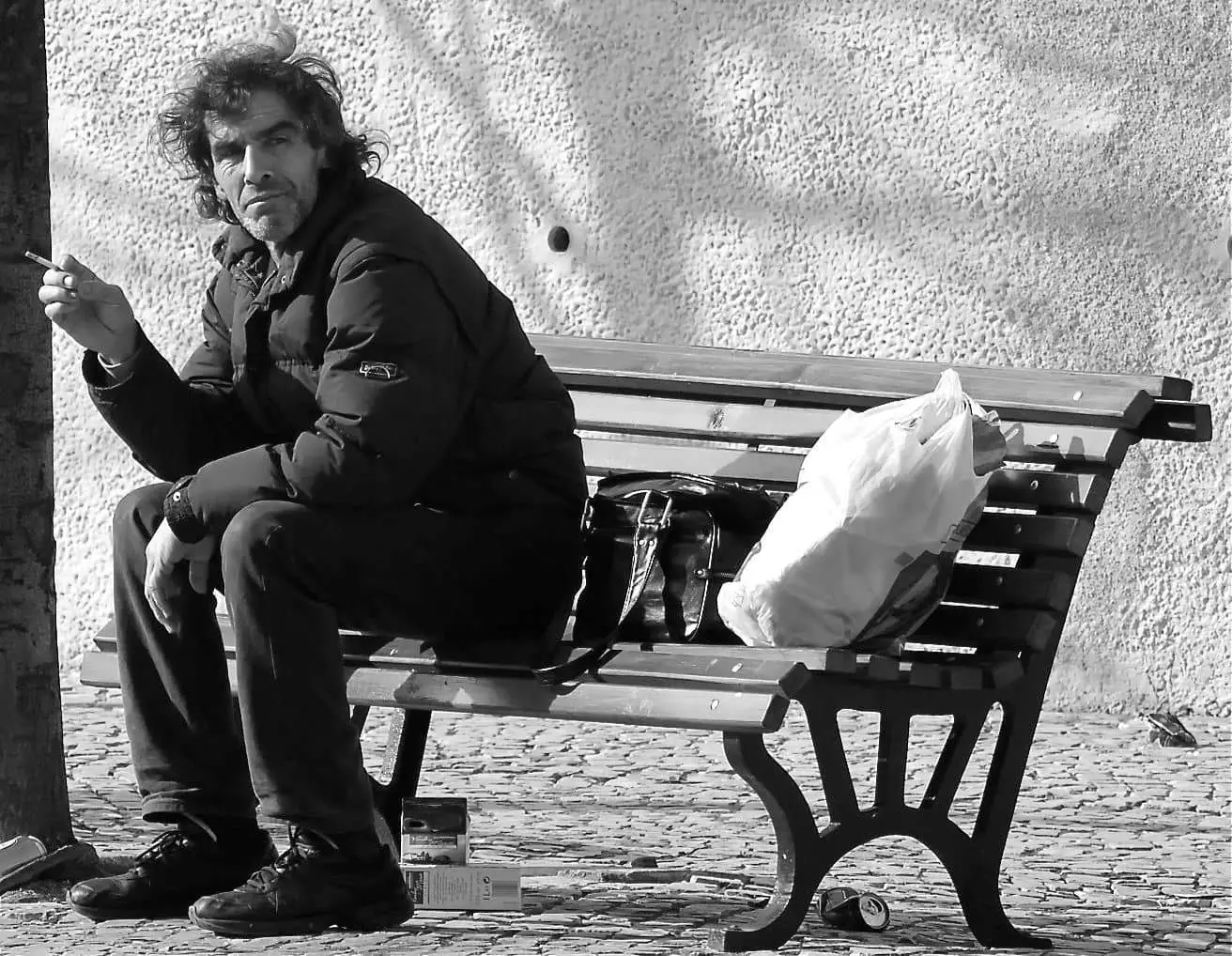Last month the Isle of Wight council reported that as part of the Government’s Next Steps Accommodation programme, launched by housing secretary Robert Jenrick in the summer, they’d been successful in securing £528,000 of government funding to ensure that vulnerable Islanders, who were housed during the Coronavirus pandemic, would be helped to stay in accommodation.
It’s not known precisely how many rough sleepers there are on the Isle of Wight – as the annual snapshot is taken on one night in November, but results from the last one revealed there were eleven people recorded as sleeping rough on the the Island in November 2019.
However, by March when the Government launched the ‘Everyone In’ campaign to house rough sleepers in safe accommodation, the Isle of Wight council said they needed to accommodate more than 60 homeless individuals across nine accommodation sites – six hotels and bed and breakfast establishments and three caravan parks..
New funding announced today
This morning (Thursday) the Minister for Rough Sleeping Kelly Tolhurst MP has announced a new scheme providing more than 530 new long-term homes for rough sleepers across the South East.
Backed by Government investment of more than £150 million the new homes will be made available in every region of England. This will enable people who sleep rough, or at risk of sleeping rough, to be rehoused in secure, long-term accommodation, providing some of the most vulnerable in society with a permanent place to live and help to rebuild their lives.
These will be available by the end of March 2021 and are part of the Government’s investment of £433 million to deliver 6,000 new homes for rough sleepers by the end of this Parliament.
17 units already announced
The supported accommodation announced by the IWC last month will provide new tenancies for those helped during lockdown and “enable the council to progress plans to develop a multi-agency assessment hub which will provide 17 units of supported accommodation”.
Jamie Brenchley, the council’s service manager for housing needs and homelessness, said:
“Our response to protect people at risk of homelessness during this crisis has protected many lives.
“The call by government to get ‘everyone in’’ on 26th March made the invisible, visible and has provided us with an unprecedented opportunity to end homelessness.
“The additional funding will help us implement bespoke plans designed to provide interim and long term accommodation for those who need it most, supplemented by specialist tailored support to help people on their unique journeys from homelessness to home.”
Tolhurst: Want to ensure progress continues for years to come
Speaking on today’s announcement, Kelly Tolhurst, Minister for Housing and Rough Sleeping said:
“The efforts to protect rough sleepers throughout the pandemic have been truly outstanding, and I want to wholeheartedly thank all the charities, councils, housing providers and support groups who have made this possible.
“We want to ensure the progress continues for years to come and the new, safe and supported homes in the region are the cornerstone of our work to tackle rough sleeping and provide a solid foundation for those affected to rebuild their lives.”
New funding on top of other schemes
This funding is on top of the £91.5 million allocated to 274 councils in September to fund their individual local plans for rough sleepers over the coming months, and to help provide short-term and interim accommodation for vulnerable people, as well as the £10 million Cold Weather Payment for councils to help to keep rough sleepers safe this winter.
IWC didn’t apply
News OnTheWight has asked the IWC how much they have been allocated from the new fund. They have replied that they did not apply for funding.
“The Isle of Wight Council considered this grant but decided not to apply.
“The Island’s homelessness strategy, investment at Barton to support homeless people, and the council’s outreach service for rough sleepers has supported some of our most vulnerable residents: for example the rough sleeping count was down from 30 in April 2019 to one in March 2020.
“We have also significantly reduced the number of people living in temporary accommodation this year, with no families with children now in B&B for more than six weeks.”
Article edit
1.25pm 29th Oct 2020 – Comment from IWC added
Image: pedrosimoes7 under CC BY 2.0





